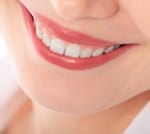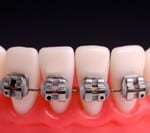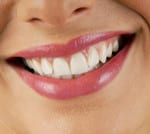 If you’ve broken a tooth in an accident, have fallen or suffered an unexpected dental injury while trying to chew on a hard food, we are here to help. With our amazing restorative treatments, we can patch up your damaged teeth and give you the confidence to smile again in no time!
If you’ve broken a tooth in an accident, have fallen or suffered an unexpected dental injury while trying to chew on a hard food, we are here to help. With our amazing restorative treatments, we can patch up your damaged teeth and give you the confidence to smile again in no time!
What causes a broken tooth?
There are lots of possible causes of broken teeth, including:
- fighting
- trauma
- falls
- biting down on hard foods or objects
- using the teeth to open bottles etc.
- sports injuries
If a tooth is broken, there is a risk of further damage and infection and it is best to see your dentist to find out about treatment options. Repairing a tooth will not only reduce the risk of further damage, it will also improve the look of the tooth.
What can we do for a broken tooth?
The treatment we recommend will probably reflect the degree of injury. If the tooth is chipped, composite bonding is an excellent solution. This simple procedure takes just an hour and there’s minimal discomfort involved. If the tooth is more extensively damaged, a crown, onlay or inlay may be recommended. Inlays and onlays are often described as middle ground between fillings and crowns and are beneficial if damage is not severe. If the tooth is damaged significantly, a crown may be fitted to strengthen the tooth. Crowns sit over the top of the tooth and they are custom-designed for a perfect fit.
If you’ve suffered an injury or have been troubled by dental pain and you think you may have a broken tooth, call us today and arrange an appointment. We can provide you with treatment to repair the damage and prevent you from feeling any discomfort.
















